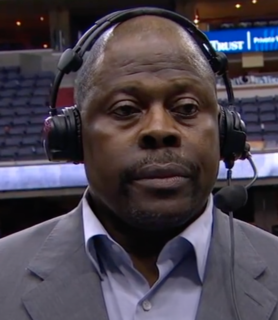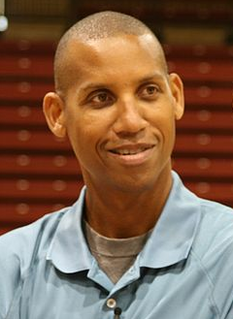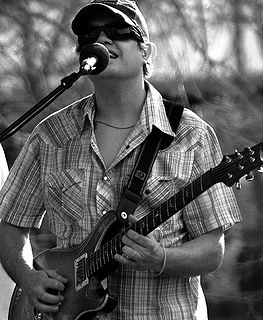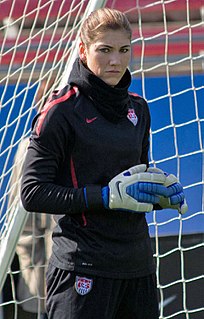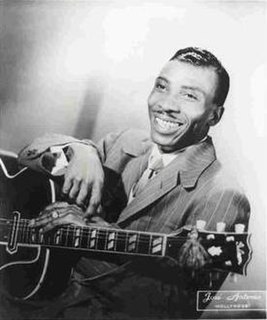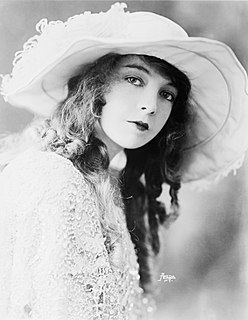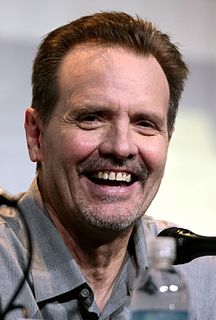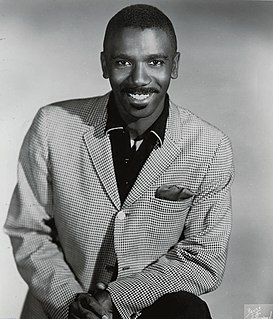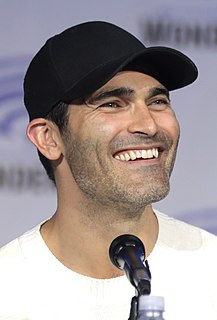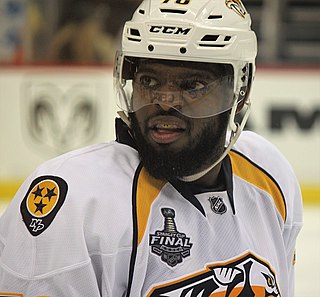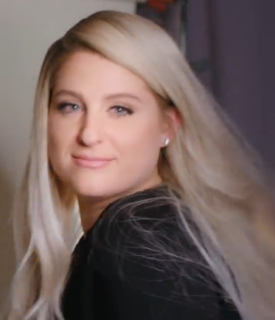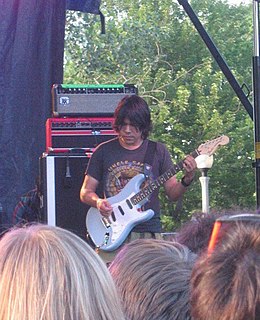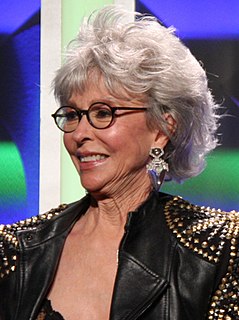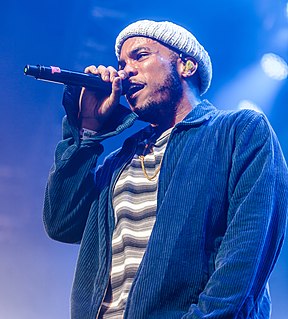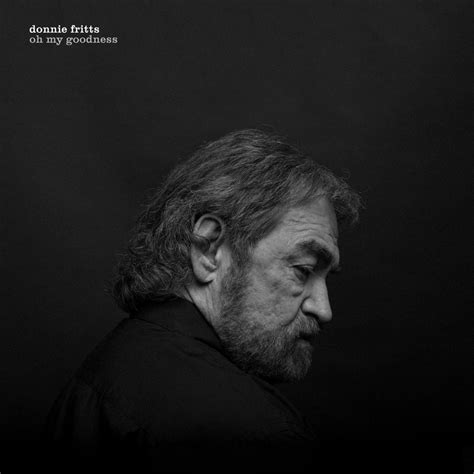A Quote by Patrick Ewing
When I played with the Knicks, I was just as important or just as smart as any other of the guards I played with. I still had to call out plays, notice schemes, know the systems, do everything they had to do.
Related Quotes
We had just played a sold-out show and it had been a fun night when we heard the news. It brought everything back to reality. He was a brilliant guy. He was an aerospace engineer and an entrepreneur. We were just starting to write new songs two weeks after he died. We were still grieving. So that was naturally a big subject matter for the album.
I just naturally started to play music. My whole family played-my daddy played, my mother played. My daddy played bass, my cousin played banjo, guitar and mandolin. We played at root beer stands, like the .Drive-ins they have now, making $2.50 a night, and we had a cigar box for the kitty that we passed around, sometimes making fifty or sixty dollars a night. Of course we didn't get none of it, we kids.
There are five of us. We've all played in various bands together, in different combinations. I know that Todd [Cook] and Tony [Bailey] are my favorite rhythm section - they're just like a unit. I guess we've all just played together in various capacities, so when the band was coming together, it was sort of like we just chose members because they had similar sensibilities and also because they're just cool. We all got along real well.
I have played Polynesian. I have played an Arabian girl. I played an East Indian girl. And what was so confusing about that, which I mention in my book, is that I assumed I had to have an accent. Nobody said anything, so I made up what I call the universal ethnic accent, and they all sounded alike. It didn't matter who I was playing.
The guys that I played with, Hollis Dixon and the Keynotes - just about all the great musicians from Muscle Shoals.We played fraternity parties and kids' dances. They were called "lead outs" for kids in high school. We played wherever we could - in the down time when you weren't recording, people had to make money.
